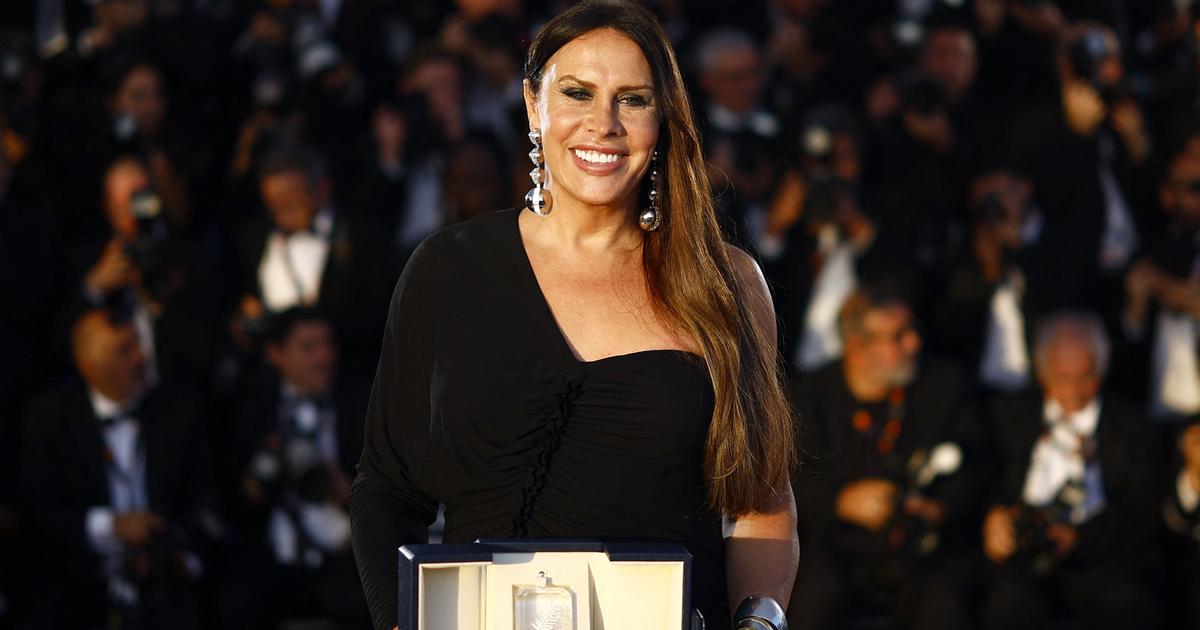Highlights from the 77th Cannes Film Festival
The 77th Cannes Film Festival has brought a mix of audacious and evolutionary cinema, while also paying significant homage to outstanding directors and actors. This year's honorary jury, led by Greta Gerwig, awarded major prizes to directors and films that not only entertained but also pushed the boundaries of storytelling and representation.
Major Wins and Recognitions
Coralie Fargeat's 'The Substance' has been one of the standout films, earning the screenplay prize for its terrifying yet thought-provoking 'body horror' narrative starring Demi Moore and Margaret Qualley. In her acceptance speech, Fargeat underscored how her film reflects the complex experiences of women in today's world. Margaret Qualley, who played roles in two competitive Cannes films this year, continues to shine as she juggles her rising stardom, blending confidence and humility in her performances. Her involvement in Yorgos Lanthimos' 'Kinds of Kindness' and Fargeat's 'The Substance' has cemented her status as one of Hollywood's emerging talents.
Payal Kapadia's 'All We Imagine as Light' has brought Indian cinema into the limelight after three decades. Receiving the grand prize, Kapadia, accompanied by her lead actresses Kani Kusruti, Divya Prabha, and Chhaya Kadam, highlighted themes of sisterhood and friendship in her acceptance speech. The film showcases three women confronting and breaking free from the restrictive norms of Indian society, emphasizing social issues resonant globally.
A Festival Dedicated to Women and Diverse Voices
This year's Cannes Festival also celebrated the diversity and implications of gender roles through Jacques Audiard's 'Emilia Perez'. The film won a collective interpretation prize for its ensemble cast, which includes Selena Gomez, Zoe Saldana, Adriana Paz, and trans actress Karla Sofía Gascón. Gascón's emotionally charged speech called for increased tolerance toward trans people, reflecting the evolving landscape of inclusivity in cinema.
Other noteworthy awards include the special jury prize for Mohammad Rasoulof's 'The Seed of the Sacred Fig', a poignant narrative set against the backdrop of the 'Woman, Life, Liberty' movement in Iran. Sean Baker won the Palme d'Or for 'Anora,' a complex love story that examines the lives and struggles of sex workers, thus shedding light on marginalized communities and their stories.
Celebrating Auteur Cinema and Emerging Talent
Despite some criticism regarding the festival's nostalgic approach to auteur cinema, several films stood tall, blending creativity with pressing contemporary issues. Francis Ford Coppola's 'Megalopolis' was a highly anticipated title, capturing a society in decline. Meanwhile, Paul Schrader's 'Oh, Canada' and Yorgos Lanthimos' 'Kinds of Kindness' have demonstrated the persistent allure of auteur cinema, even if sometimes weighed down by outdated narratives.
In lighter and innovative storytelling, Quentin Dupieux's 'Le deuxième acte' and David Cronenberg's 'The Shrouds' addressed modern issues like artificial intelligence, data theft, and personal loss in their unique styles. While these films evoke a sense of melancholy for the industry's past, they simultaneously engage with present-day realities and technological anxieties.
- In an interview during the festival, Margaret Qualley expressed her gratitude for the opportunities Cannes has provided her, stating, 'I feel like the luckiest person.' She also reflected on her experiences premiering at Cannes with her mother in 2012 and her transformative return in 2022.
- Qualley described her Cannes 2024 experience as almost surreal, receiving standing ovations for both 'Kinds of Kindness' and 'The Substance.' This recognition not only highlights her growing influence in cinema but also her commitment to roles that challenge societal norms.
- The festival's atmosphere this year was both nostalgic and forward-thinking. Films such as Andrea Arnold's 'Bird' and Jia Zhang-ke's 'Caught by the Tides' infused personal and historical reflections, making them significant festival highlights.
- Léos Carax's self-referential short, 'C'est pas moi,' served as a humorous yet poignant capstone to this year's diverse offerings, embodying both reflection and atonement in cinema.






